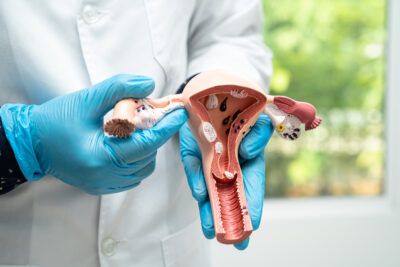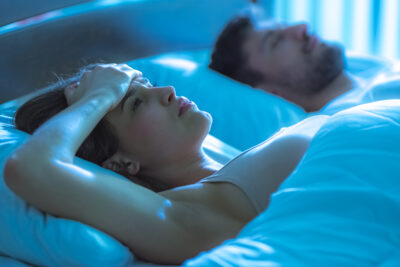Glaucoma, retina-disorders and problems with the cornea can all be associated with the damaging effects of ultraviolet radiation. Even in the gloomy winter months, while skiing in the mountains, the UV light bounces back from the snow which can potentially harm the eye. Although these changes don’t happen suddenly, it’s very important to have proper eye protection!
“To avoid long term damage to your eyes while on a skiing holiday, it’s best to wear sunglasses which cover your eyes, including from the side” – says Dr. Zsolt Zoltán Nagy, the Director of the Eye Clinic at Budapest Semmelweis University.
At higher altitudes strong UV radiation may cause corneal damage, such as painful photoelectric keratitis and in the long run corneal opacities may decrease visual acuity. Longer wavelengths may reach the crystalline lens, causing cataracts in the longer term. UV light can also be a causative factor besides others in age related macular degeneration (AMD).
Dr. Nagy added:
The most common disorders are cataracts which usually do not affect both eyes in the same way – but often gets diagnosed too late. In too many cases the patients notice the changes only when the “better” eye is also damaged – for example when eyesight gets worse when driving in the evening. When the visual acuity reduces to less than 50 %, it can cause difficulty in everyday life.
“Therefore, prevention is key and with the right ski-glasses it is possible to protect the eyes. These are the ones with UV-A and UV-B filters which also cover both the eyes and the surrounding area.”
On rare occasions even snow blindness can occur for those who spend days skiing in the sunshine – when their eyes are not properly protected. Snow blindness is caused by UV radiation coming from the direction of the ground which can cause serious symptoms such as blurriness, seeing flashing lights, sensitivity to light, red and irritated, watery eyes and burning, shooting pain.
“The symptoms usually go away in a few days, but they can cause irreversible damage to the eye, therefore everyone who does snow sports should wear a strong and dark special pair of goggles” – explained Dr. Zsolt Zoltán Nagy.
Eye health can also be protected with vitamins. Vitamin C can prevent cataracts and vitamin B is crucial for the good operation of the nerve tissues. Vitamin D and E also play very important roles in maintaining good eyesight.
Eszter Csatári-Földváry
Translation: Angelika Erdélyi
Photo: Attila Kovács – Semmelweis University
Featured image (illustration): pixabay.com



